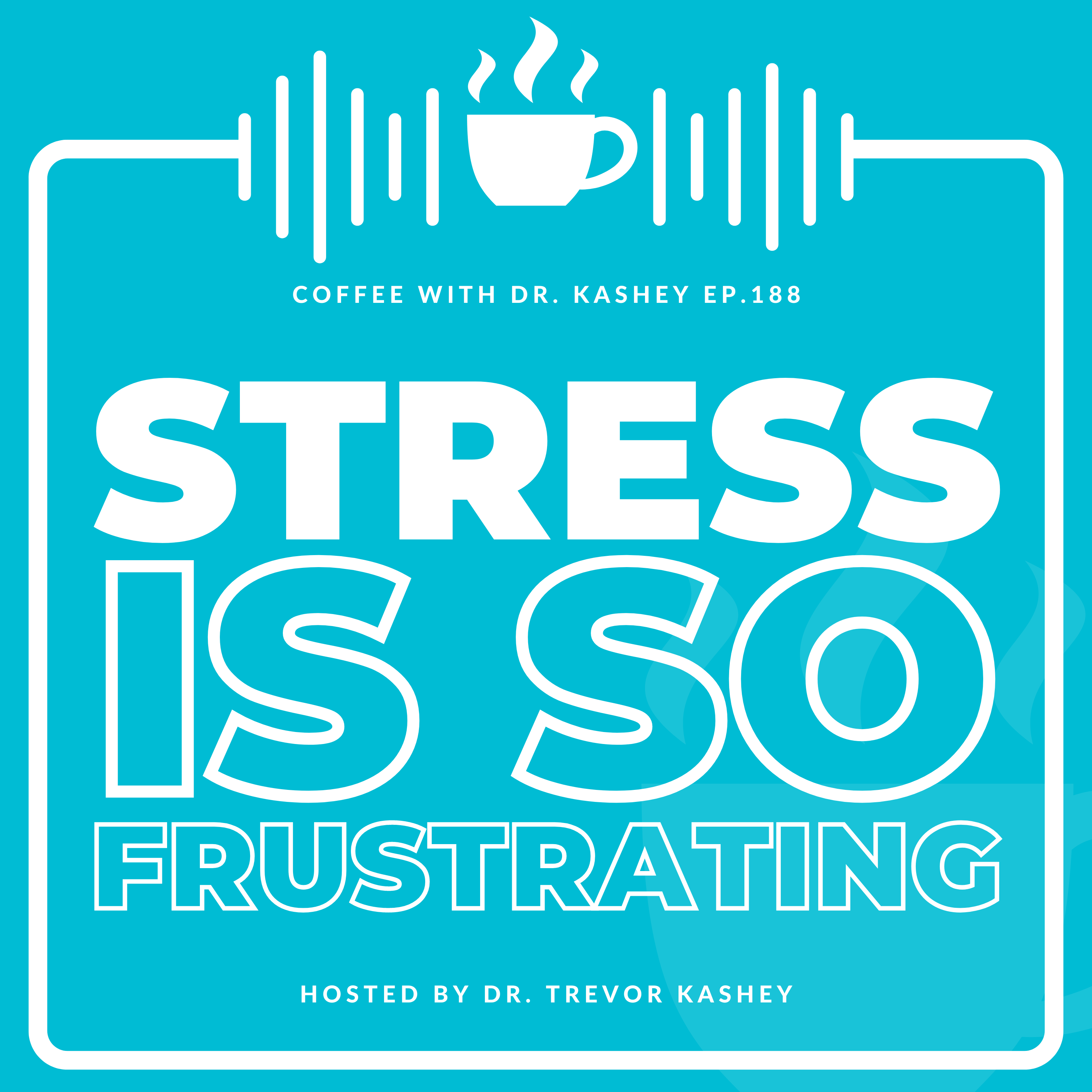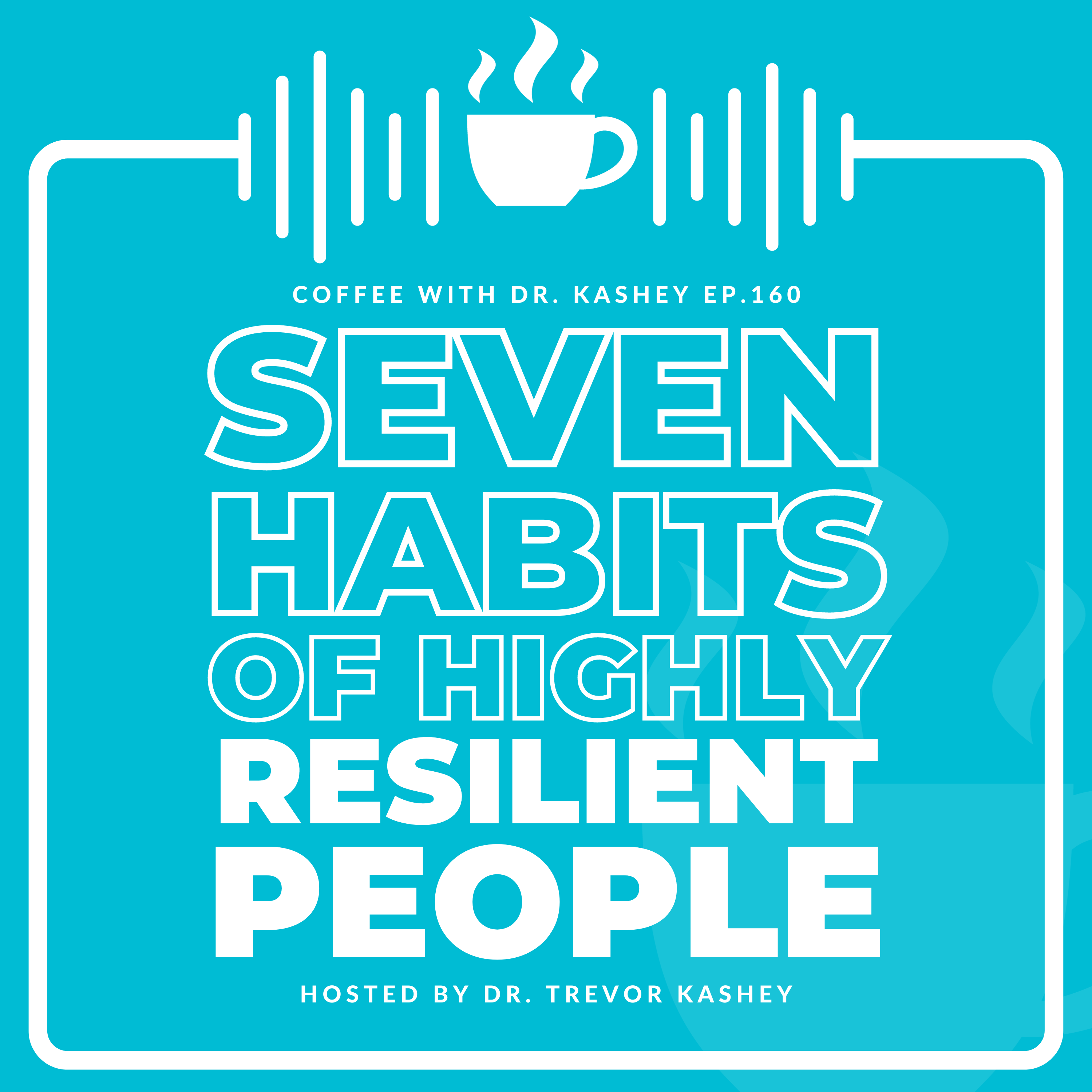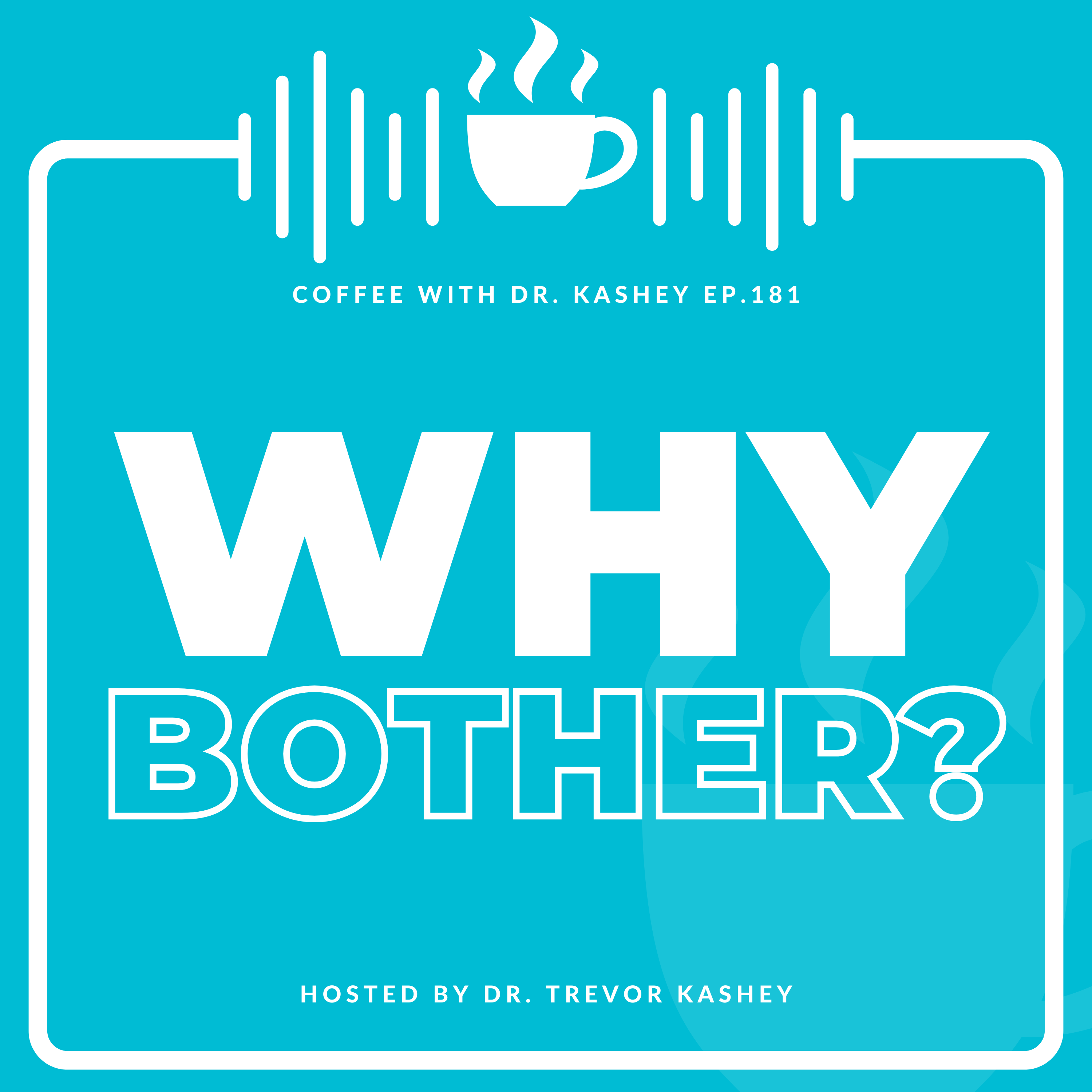Show Notes
In this episode, Dr. Kashey talks about the importance of frustration tolerance and how it relates to the well-known Aesop's fable, "The Boy and the Filberts." He uses the tale as an illustrative example to demonstrate how rigid belief systems and a lack of frustration tolerance can lead to irrational and impulsive behaviors. Dr. Kashey explains that the boy's inability to let go of his dire need for the filberts, coupled with his black-and-white thinking, caused him to lose his rational mind and become stuck in a self-perpetuating cycle of frustration. Dr. Kashey emphasizes that building frustration tolerance is not about enduring frustration for its own sake but rather about creating the space between stimulus and response to think rationally and act deliberately. He defines frustration tolerance as the capacity to think rationally when frustrated, which allows for more constructive outcomes and breaks the cycle of compounding frustrations and impulsive, destructive actions.





